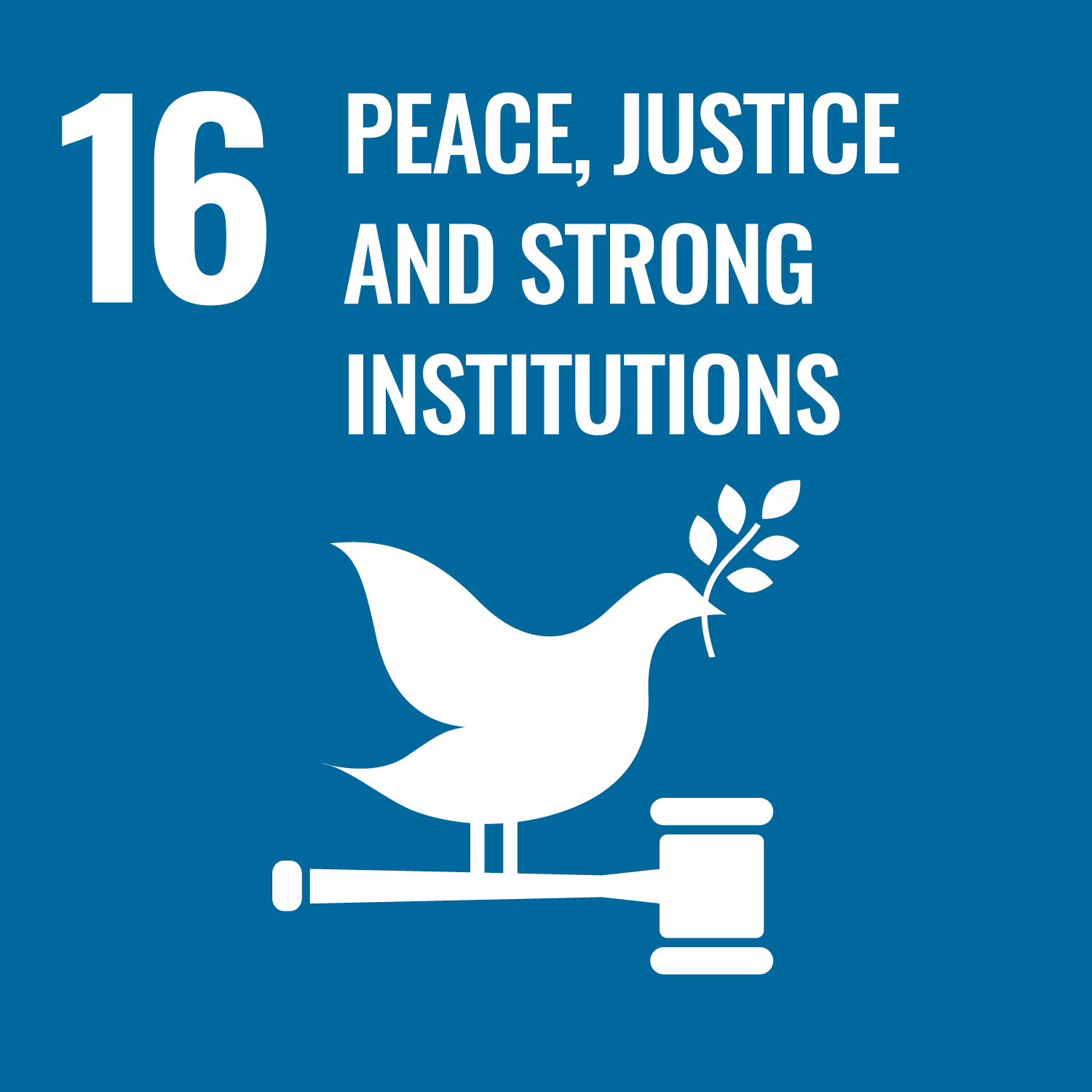Massachusetts Juvenile Justice PFS Initiative
Aligned SDGs


- Massachusetts Juvenile Justice PFS Initiative
- General overview
- Location
- Involved organisations
- Outcome metrics
- SyROCCo reports
- Other resources
- Spreadsheet of data
- Massachusetts Juvenile Justice PFS Initiative
- General overview
- Location
- Involved organisations
- Outcome metrics
- SyROCCo reports
- Other resources
- Spreadsheet of data
General overview
Stage of development: Implementation
Policy sector: Criminal justice
Date outcomes contract signed: Jan 2014
Start date of service provision: Jan 2014
Capital raised (minimum): USD 18m
Intervention
The initiative aims to reduce recidivism and improve employment outcomes for young men at high risk of re-offending. The four-year intervention consists of two years of intensive engagement and two years of follow-up, and includes four basic elements: outreach to young men by Roca staff; intensive case management; life skills, educational, prevocational, and employment programming; and connection to work opportunities with community partners. Roca helps young men change their behaviors while learning how to go to work, beginning with subsidized employment opportunities and transitioning when ready into full-time positions with employer partners.
Target population
The project is serving young men aged 17-24 who are in the Boston, Chelsea or Springfield areas and (i) leaving the juvenile justice system, (ii) are involved in the probation or parole system, or (iii) are leaving the custody of the Suffolk, Essex, Hampden, and Middlesex Houses of Correction or the state's Department of Correction.
Location
Country
- United States
Service delivery locations
- Boston, Chelsea, and Springfield, Massachusetts, USA
Involved organisations
Outcome metrics
- Decrease in incarceration - no fee. Decrease in total number of days that participating young men spent in prison relative to control group by 5%.
- Decrease in incarceration - minimum. Decrease in total number of days that participating young men spent in prison relative to control group by 10%.
- Decrease in incarceration - first level. Decrease in total number of days that participating young men spent in prison relative to control group by 25%.
- Decrease in incarceration - second level. Decrease in total number of days that participating young men spent in prison relative to control group by 40%.
- Decrease in incarceration - third level. Decrease in total number of days that participating young men spent in prison relative to control group by 55%.
- Increase in job readiness. Participant engaging with a Roca youth worker 9 or more times in each quarter.
- Increase in employment. Participant is employed as compared to similar young men who are not in the program in each quarter.
Powered by SyROCCo SyROCCo reports
The following articles are taken from the Systematic Review of Outcomes Contracts Collaboration (SyROCCo) Machine Learning tool.
The tool is a collaboration between the Government Outcomes Lab and machine learning experts from the University of Warwick, that allows you to navigate and explore data extracted from nearly 2000 academic and grey literature publications related to outcomes-based contracting.
Spreadsheet of data
Important Notice and Disclaimer on INDIGO Data
INDIGO data are shared for research and policy analysis purposes. INDIGO data can be used to support a range of insights, for example, to understand the social outcomes that projects aim to improve, the network of organisations across projects, trends, scales, timelines and summary information. The collaborative system by which we collect, process, and share data is designed to advance data-sharing norms, harmonise data definitions and improve data use. These data are NOT shared for auditing, investment, or legal purposes. Please independently verify any data that you might use in decision making. We provide no guarantees or assurances as to the quality of these data. Data may be inaccurate, incomplete, inconsistent, and/or not current for various reasons: INDIGO is a collaborative and iterative initiative that mostly relies on projects all over the world volunteering to share their data. We have a system for processing information and try to attribute data to named sources, but we do not audit, cross-check, or verify all information provided to us. It takes time and resources to share data, which may not have been included in a project’s budget. Many of the projects are ongoing and timely updates may not be available. Different people may have different interpretations of data items and definitions. Even when data are high quality, interpretation or generalisation to different contexts may not be possible and/or requires additional information and/or expertise. Help us improve our data quality: email us at indigo@bsg.ox.ac.uk if you have data on new projects, changes or performance updates on current projects, clarifications or corrections on our data, and/or confidentiality or sensitivity notices. Please also give input via the INDIGO Data Definitions Improvement Tool and INDIGO Feedback Questionnaire.